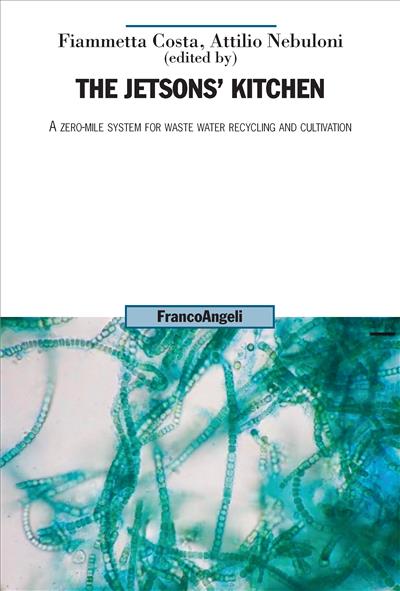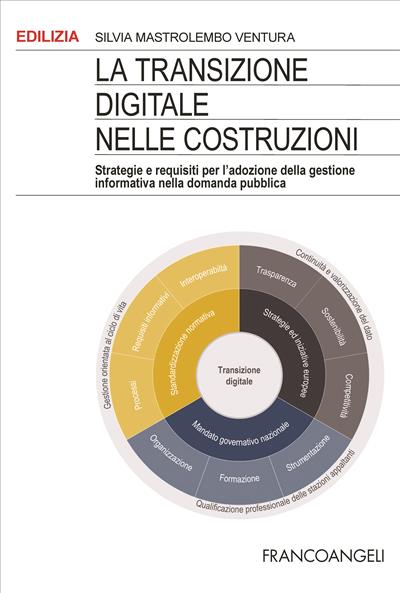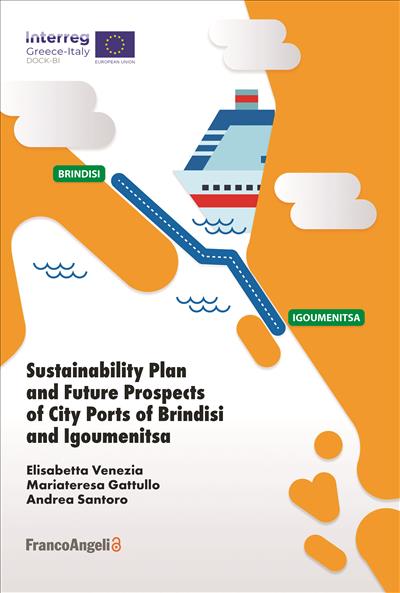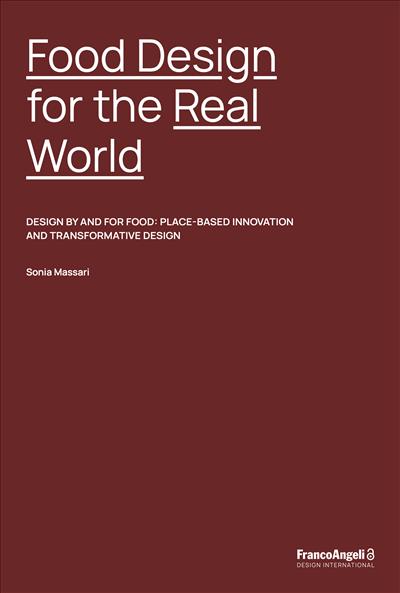
A cura di: Fiammetta Costa, Attilio Nebuloni
The Jetsons' Kitchen
A zero-mile system for waste water recycling and cultivation
The book aims to investigate the up-cycling of domestic effluents for plant production, bringing together a series of considerations by an interdisciplinary group of researchers from the Politecnico di Milano, Università Statale di Milano and Università di Roma Tor Vergata, ranging from biology to design through sociology and architectural composition. Integrating vegetable cultivation in the domestic environment with reusing kitchen wastewater for irrigation is a promising strategy for reducing freshwater consumption and raising environmental awareness among citizens.
Pages: 134
ISBN: 9788835115748
Edizione:1a edizione 2021
Publisher code: 11810.2.4




